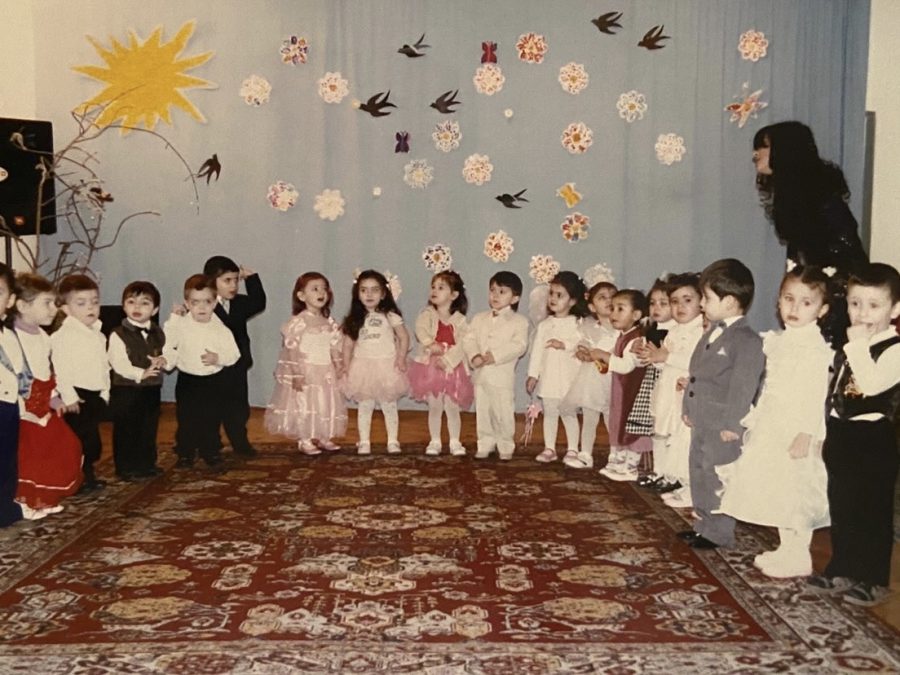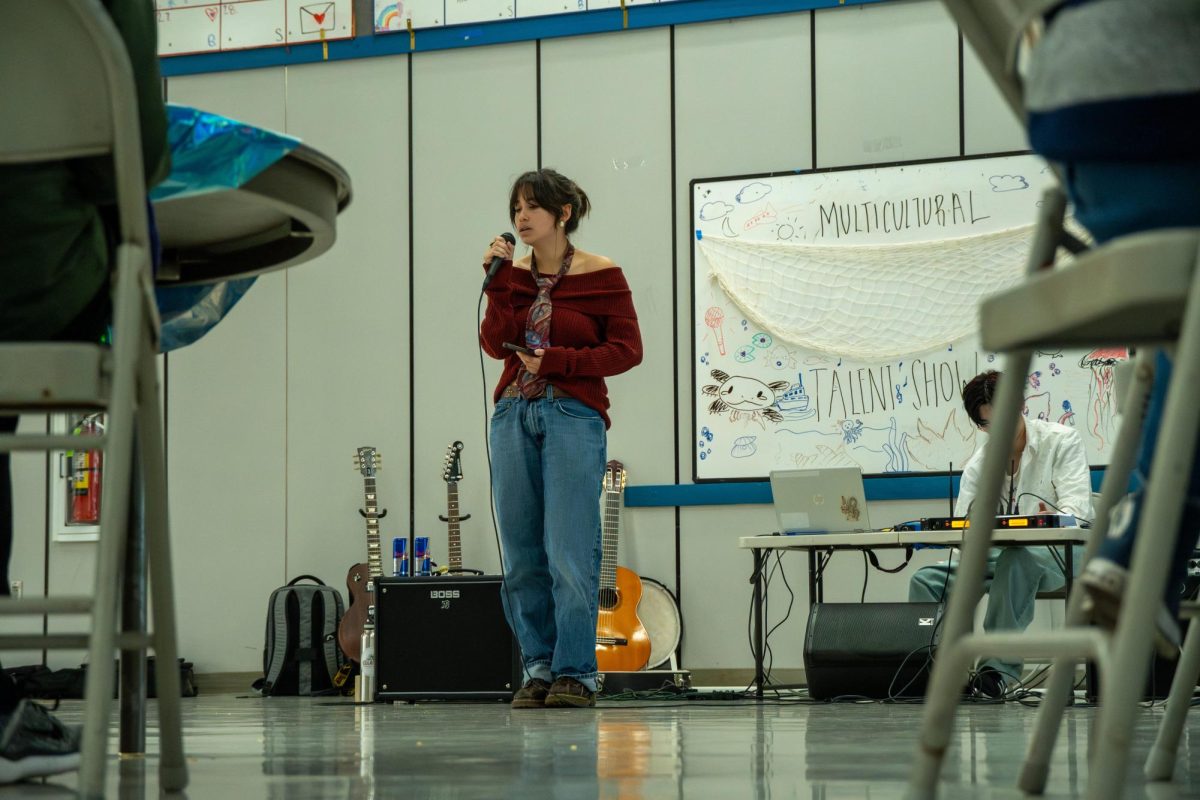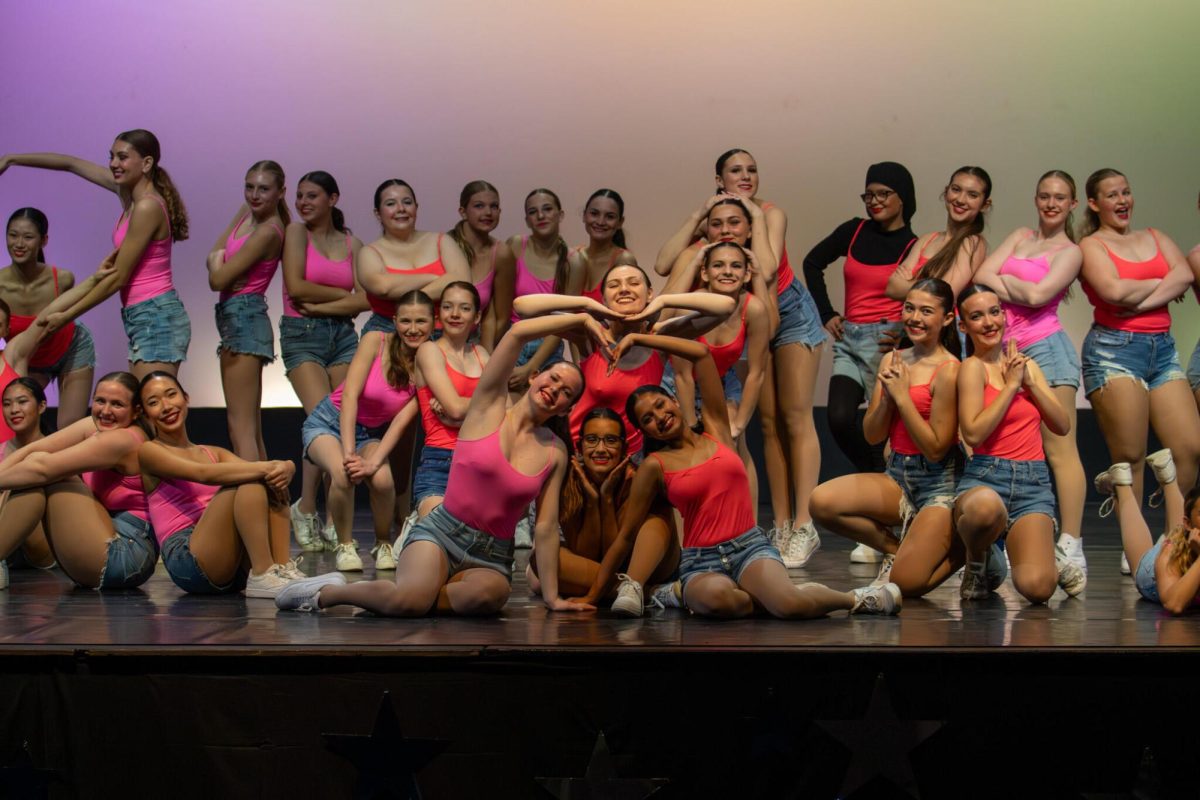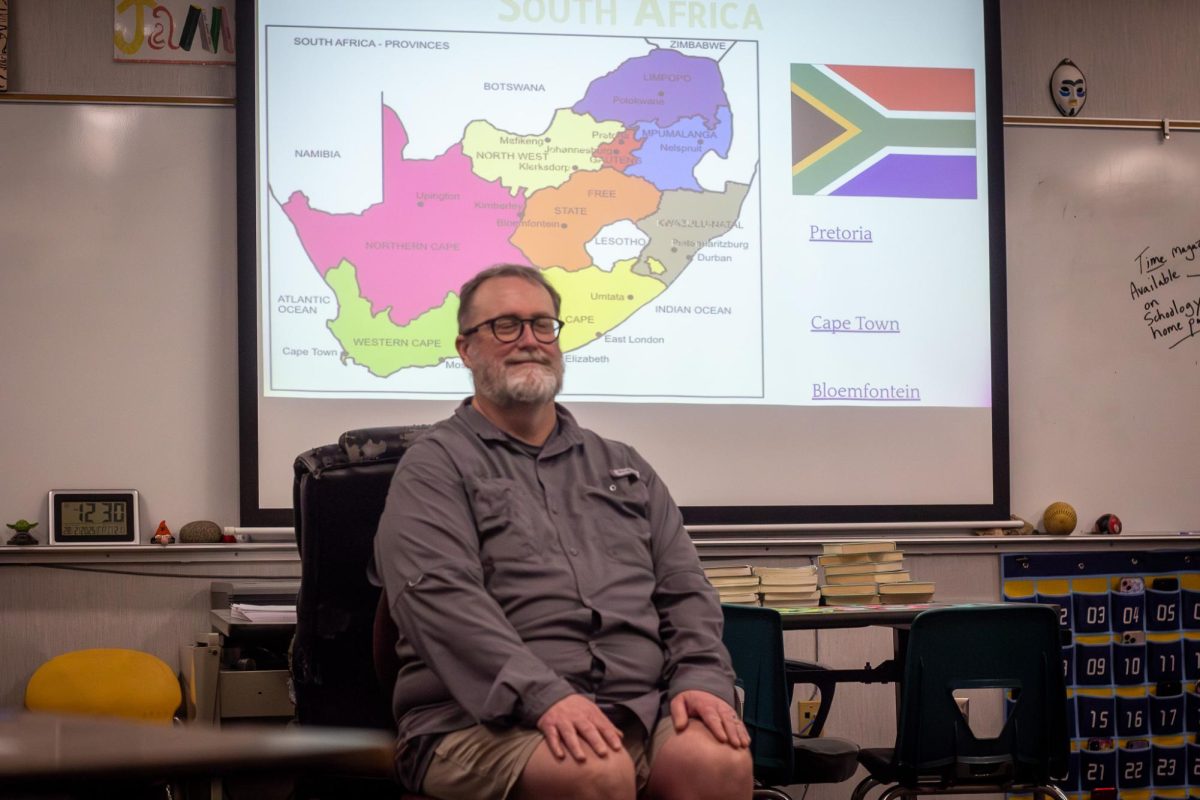Culture Shocks
How shocking is America through the eyes of a foreigner?
January 30, 2023
The American Dream. The scenic views, the abundance of money and the close-knit communities. From a foreigner’s perspective, Hollywood portrays America as perfect and dreamy. However, when it comes to immigration and foreign exchange, foreigners start to question whether the American Dream is just a mere movie or a reality.
Marina Avagyan, a senior at Rocklin High School, is an immigrant from Armenia. She moved to America in 2010 when she was 7 years old. When first moving here she said that, “Honestly, [she] would be lying if [she] said it wasn’t exciting, [she] wanted to be the girl who lived in America.”
Avagyan went to school in both Armenia and America and believes the education system in America is very different from her home country’s. She described the education system in America as much safer legally and free, saying that, “[The students in Armenia] would have to wear black and white to school and there was a lot of physical abuse from the teachers.” Luckily, after the fall of the Soviet Union, many Post-Soviet countries have improved their education systems therefore lowering the amount of abuse that was previously high.
When coming to America, Avagyan was also surprised by the community. Armenia is a small country with roughly 2.9 million people living in it as of 2021 (World Bank United Nations). However, despite it being small, the people are very closely knit and everyone knows each other in their towns. She thinks that, “Each state feels like its own country. In Armenia you could know anybody from any city since it’s so small.”
Being an immigrant, Avagyan struggled with how people around her treated her. She didn’t expect there to be much of a difference however she said that from an immigrant’s perspective, “people still treat you like a foreigner, like you are below them.”
Despite the treatment she received, she believes that there are many advantages to being a foreigner. Avagyan believes colleges seek diversity in their campuses and having experiences as being an immigrant and living in a foreign country could help boost the chances of getting into a desired college. She also believes that, “having a diverse perspective and being exposed to more than just one country” helps build more understanding and awareness of other individuals’ cultures and helps to build openness to their ideas and traditions.
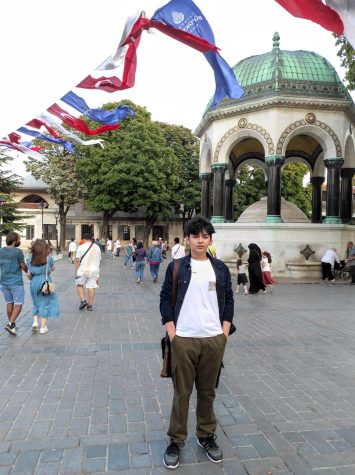 Khagan Mehdiyev, a senior at RHS, is a foreign exchange student from Azerbaijan, a Post-Soviet country. He has been in America for about 3 months now and so far is enjoying it. He says that he hasn’t actually experienced too many culture shocks here saying that, “actually, [his] host mother’s personality is really close to [his] real mothers personality.” For Mehdiyev, this made becoming accustomed to the family environment quite easy.
Khagan Mehdiyev, a senior at RHS, is a foreign exchange student from Azerbaijan, a Post-Soviet country. He has been in America for about 3 months now and so far is enjoying it. He says that he hasn’t actually experienced too many culture shocks here saying that, “actually, [his] host mother’s personality is really close to [his] real mothers personality.” For Mehdiyev, this made becoming accustomed to the family environment quite easy.
Mehdiyev has really enjoyed living in America. If he had still lived in Azerbaijan, he would have to enlist in the military since it is legally required. Azerbaijan requires men between the ages of 18-35 to perform military service, sources indicate that the duration of compulsory military service is 18 months, and 12 months for “university graduates”.
Mehdiyev, being a senior who has a passion for learning, said that if he was in Azerbaijan “[he] can’t go to college, [he] would have to go to the military.”
He has experienced some culture shock though, specifically in school life. Students living in Post-Soviet countries often stay with the same class from their first year of school to their last. In typical American public schools, high school students go to their classes. However in Azerbaijan and other Post-Soviet countries, the teachers will come to your class instead. Khaghan thinks that, “It’s a good thing because you get to make a lot of friends, but a bad thing is it is also possible to get no friends.”
Similarly to Marina, he believes that the connections here with peers are different; he says that, “they are social, but not so social with other people.” Compared with the fact that in Azerbaijan and Armenia you have the same class for years and the sizes of the countries are small, they think they build much closer connections.
One thing Mehdiyev really enjoys about the United States is the amount of opportunities available. He thinks that, “it’s born from education, you can’t do that in Azerbaijan. For example in Azerbaijan you can learn how to play chess but you won’t be able to learn how to play well because there is nobody good to play against.”
Overall, being an immigrant in the United States has its advantages and disadvantages and the experiences in individuals varies. However, there are things that foreigners learn and might find surprising the same way as when anybody visits a foreign country they could be surprised or confused by their lifestyle or mindset. With that being said, Avagyan urges people to, “Open their minds to multiple perspectives.”



